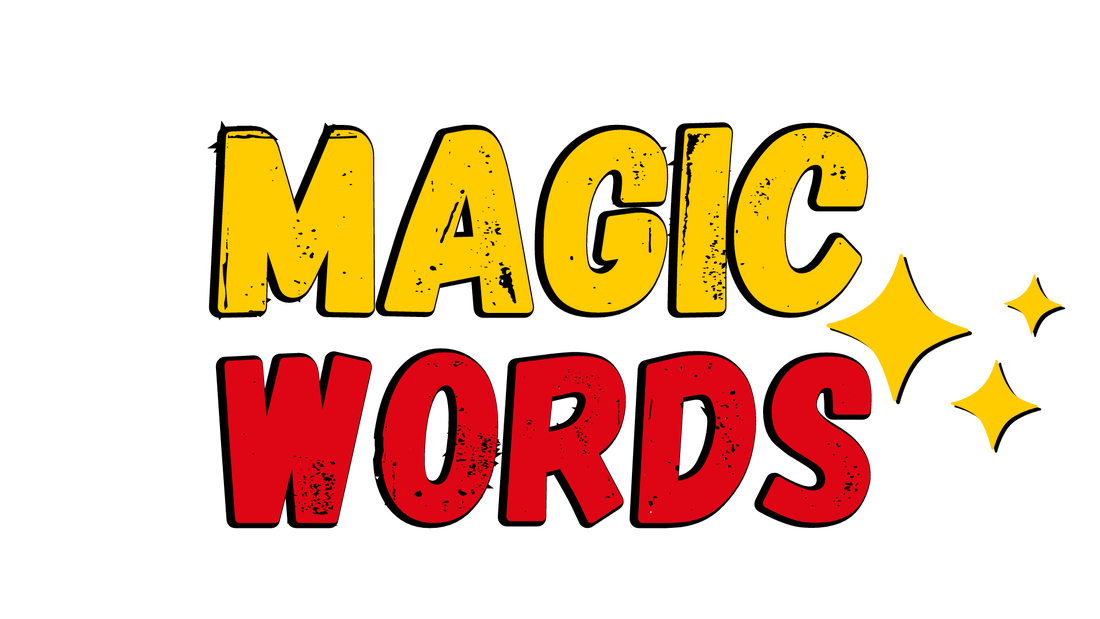|
"Persistence empowers enduring devotion to a pursuit even in the face of difficulties." — Jonas Cain Read the full story ⬇︎ The first time he escaped, the police brought the ten-year-old boy back to the carpet factory seeking a finder’s fee. That’s how Iqbal learned the police could not be trusted.
Even though bonded labor was illegal in Pakistan, the law was never enforced—because turning a blind eye was far more beneficial for the powers that be. Every day since the age of four, Iqbal (pronounced ick-ball) would be chained to a carpet loom, along with countless other children tied to the same plight. His mother had given him to the factory to pay a debt owed to a wealthy business owner. But the system was rigged from the start. Any little mistake the children made in the manufacturing of the carpets would cause their debt to increase, preventing them from ever paying down the debt. There was no end in sight for their plight and Iqbal knew he had to get out of there, but after the first failed escape, he also knew to be more careful about who could be trusted. One day, Iqbal heard of a nearby rally hosted by the Bonded Labour Liberation Front, an organization committed to ending bonded and child labor. Managing himself free from the loom, Iqbal wove through the streets of town until he arrived at the fringe of the rally, where he pushed through the crowd and made his way to the front lines where he delivered an impassioned speech about the atrocious conditions he and his peers were living in. Iqbal never again returned to the looms for from that day on he became a powerful activist on a dauntless crusade against bonded and child labor. In the two years following his escape, Iqbal delivered speeches across his homeland and traveled to other nations to speak on behalf of the voiceless children with bondage still looming over them. As the president of the children's division of the Bonded Labour Liberation Front, Iqbal testified in Europe before the International Labor Organization, and in Boston, he spoke to the Reebok Human Rights Foundation where he was honored for his persistent efforts. For these efforts, Iqbal received countless death threats from the so-called “carpet mafia” in Pakistan—yet nevertheless he persisted. Despite the ongoing threats, Iqbal was on a compassionate mission, moved by the heart to help those who could not help themselves. After speaking with the 7th graders at Broad Meadows Middle School in Quincy, MA, the students encouraged Iqbal to stay in the United States where he would be safe. He had plans to study law to better prepare himself to free bonded laborers, and he intended on studying in the United States anyway. But Iqbal knew the fight was in Pakistan, even though it came at the sacrifice of his own safety. For his persistence, by 1995 at the age of 12, Iqbal was successful in shutting down bonded labor factories all across his homeland and freeing over 3,000 children. Iqbal Masih is a model example of what is possible when you are motivated by a sincere heart and take persistent action for a worthy cause—serving as an inspiring lesson in compassion, purpose, and persistence. I wish I could tell you more about Iqbal—about becoming a lawyer and about what he’s done in the ensuing decades to continue his work. But this is where Iqbal’s story ends. On April 16, 1995, Easter Sunday, while visiting family, Iqbal was murdered. Some say he was simply in the wrong place at the wrong time, while others say he was targeted and gunned down by the carpet mafia. Whatever the case may be, an inspiring, intelligent, and highly influential 12-year-old’s life was tragically taken from our world far too soon. Yet his life continues to serve as a powerful legacy. I cannot hear Iqbal’s story and not be moved. He was born in 1983, the same year I was born, and knowing his story creates a new perspective of the world. Had I been born in Pakistan, his story very well could have been my story, and I cannot fathom doing the same impassioned work that Iqbal did when I was 10, 11, and 12 years old. I wonder what would happen to this world if more people exhibited that same level of persistence that Iqbal demonstrated for what truly matters most? Reflection In what area of your life are you taking worthy and persistent action? WANT MORE? Hashtag Positivity can help you and the people you lead achieve growth by design through community engagement keynotes and assemblies, leadership development workshops, and change management coaching. Connect with Jonas today to discuss your challenges, goals, and obstacles.
0 Comments
Leave a Reply. |
FacilitatorJonas Cain, M.Ed. is a storyteller, magician, musician, and facilitator of fascination on a mission to help you experience abiding joy. Magic Words
All
Archives
May 2023
|





